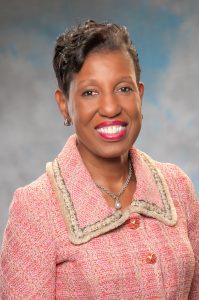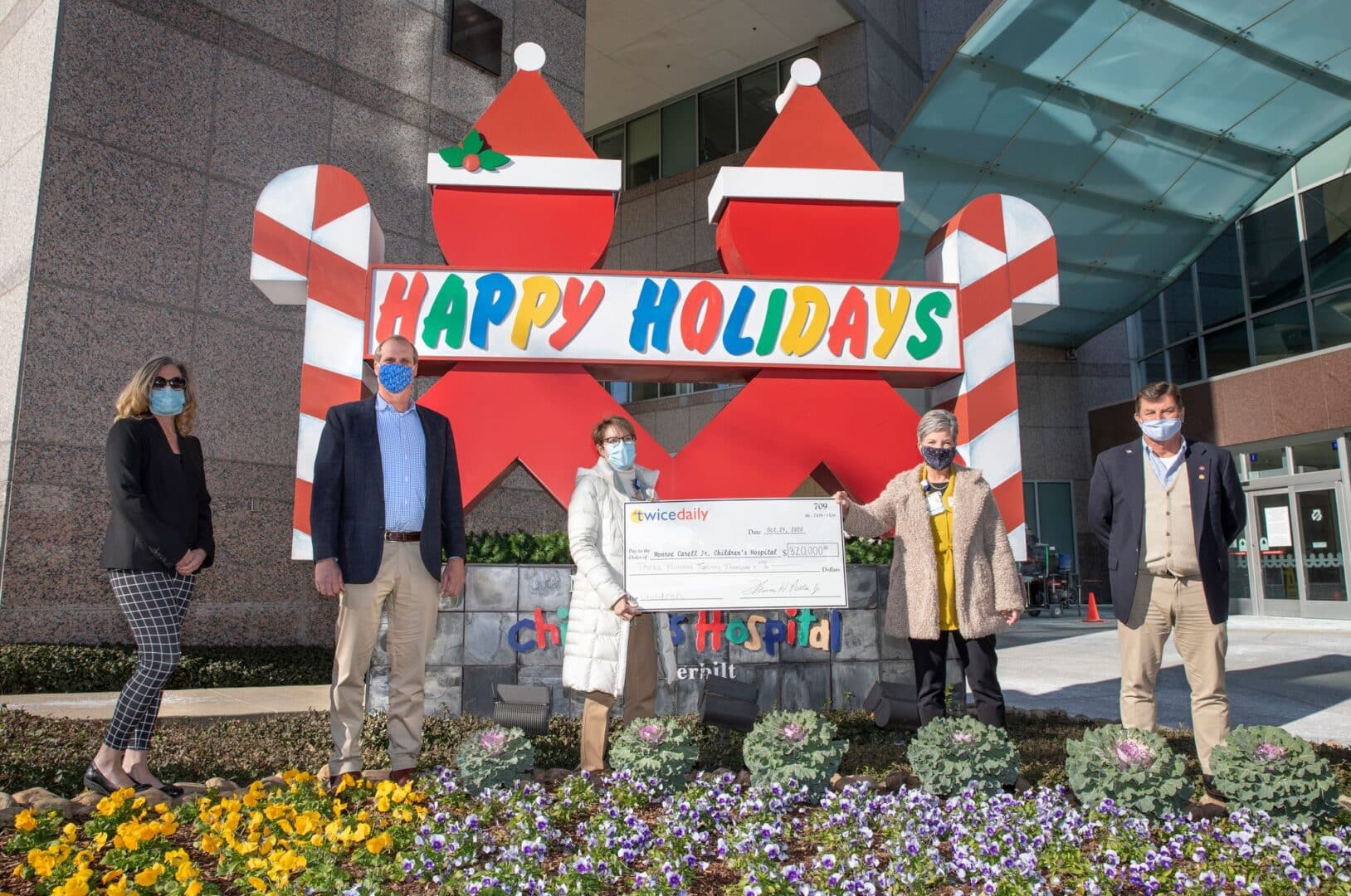End of CARES Act Funding Could Compound Pandemic’s Negative Economic Impact
By DarKenya W. Waller, Legal Aid Society
Sharon K. Roberson, YWCA Nashville & Middle Tennessee
Judy K. Orr, Catholic Charities, Diocese of Nashville
The economic fallout of the COVID-19 pandemic has stretched far and wide, affecting many Tennessee residents who had always been self-sufficient. Here in Nashville, our hospitality workers have been particularly hard hit as hotels, bars, and restaurants have seen sharp drops in customers.
Some relief has been provided by the Coronavirus Aid, Relief and Economic Security Act, better known as the CARES Act. Since being signed into law in March, this legislation has provided economic assistance to thousands of Tennesseans while giving nonprofits like ours needed financial resources to adequately manage the increase in caseloads caused by the pandemic.

Sharon K. Roberson, YWCA Nashville & Middle Tennessee
The organizations we represent are just three of an informal network of nonprofits across the Nashville area that have been working collaboratively to assist Middle Tennesseans during this period. Each of us has a unique and vital role. Legal Aid Society of Middle Tennessee and the Cumberlands offers free legal assistance to low-income individuals encountering common issues like evictions, accessing health benefits and extracting themselves from domestic violence situations. The YWCA’s domestic violence center provides 24/7/365 shelter and assistance to adults and children fleeing abuse — which has seen a sharp increase in incidents during this prolonged period of quarantine and lockdown. And Catholic Charities offers a variety of essential services: food, clothing and other necessities; temporary financial assistance; and other help for specific populations in need.
As challenging as this year has already been, Dec. 31 marks a turning point where several events will coincide to create a “perfect storm” for struggling Tennesseans. A ban on evictions issued by the Centers for Disease Control and Prevention will expire, stripping away protections for tenants who have missed rent payments — allowing them to be taken to court by landlords and potentially evicted. On that same date, CARES Act funding is set to expire, ending unemployment and rental assistance put in place during the pandemic.
Many nonprofits like ours have also received CARES Act funding this year, which has allowed us to provide additional services to meet the increased demand. That funding will also expire Dec. 31, which will diminish our capabilities at the exact moment when people will need nonprofits the most.

Judy K. Orr, Catholic Charities, Diocese of Nashville
Since March, Catholic Charities, Diocese of Nashville has been assisting with distributing COVID-19 relief funding. This money was intended to pass through directly to individuals, so money for our increased administrative costs had to come from elsewhere — making CARES Act funding essential. We weren’t initially equipped to manage the exponential growth in caseloads, but we hired several temporary case workers, learned on the fly and eventually became very efficient.
The majority of the YWCA’s budget goes toward the operation of our domestic violence center, which never closes. During 2020, it has been a stabilizing force to know that the CARES Act money was there, since our fixed costs for food, staff and facilities never went away, even as it became more challenging to raise money through traditional methods.
At Legal Aid Society, our value is based on the brains of our attorneys, whose legal knowledge and experience allow them to serve our clients with efficiency and strength. We don’t provide shelter or financial assistance, but we do help untangle and resolve the underlying legal issues that prevent Middle Tennesseans from receiving the public services and rights to which they’re entitled. The CARES Act funding we received this past year allowed us to hire additional attorneys and increase the number of clients we were able to serve — a need that will only grow in 2021.
Our organizations and others in the area fill in the gaps so Tennesseans who have a bout of bad luck don’t fall into a deeper hole from which it will be difficult to escape. The needs of a struggling tenant are different from a struggling landlord’s needs, for example. Still, each has an opportunity to receive assistance within our network. For many people, missing a paycheck or expected payment can start a domino effect, putting a person behind on monthly bills and leaving little money for day-to-day essentials, such as food, gas and toiletries.
Not having money to afford gas, for example, makes it challenging to travel to a job, take children to school or get to the grocery store. Losing internet access prevents children from attending remote class sessions and makes it nearly impossible for non-working parents to search for a job. Losing a home can take away needed stability for children and set them behind their classmates in school, creating barriers that can take years to overcome.
It’s so much easier, from an economic perspective, to give people the assistance to stay in their current living situations than to try to repair the damage after the fact. There’s no single-source solution when basic needs aren’t met — but, by working together, nonprofits can provide comprehensive help that doesn’t exist anywhere else in society.
As we look out into 2021 and see a potential light at the end of the tunnel for this pandemic, we know that those struggling won’t bounce back as quickly as the economy as a whole. The need for the services provided by nonprofits is only going to grow — but with additional resources, we gain the ability to serve even more of those in need, helping them regain stability and financial security.
About the writers
DarKenya W. Waller is executive director of Legal Aid Society of Middle Tennessee and the Cumberlands. Sharon K. Roberson is president and CEO of YWCA Nashville & Middle Tennessee. Judy K. Orr is executive director of Catholic Charities, Diocese of Nashville.
###



